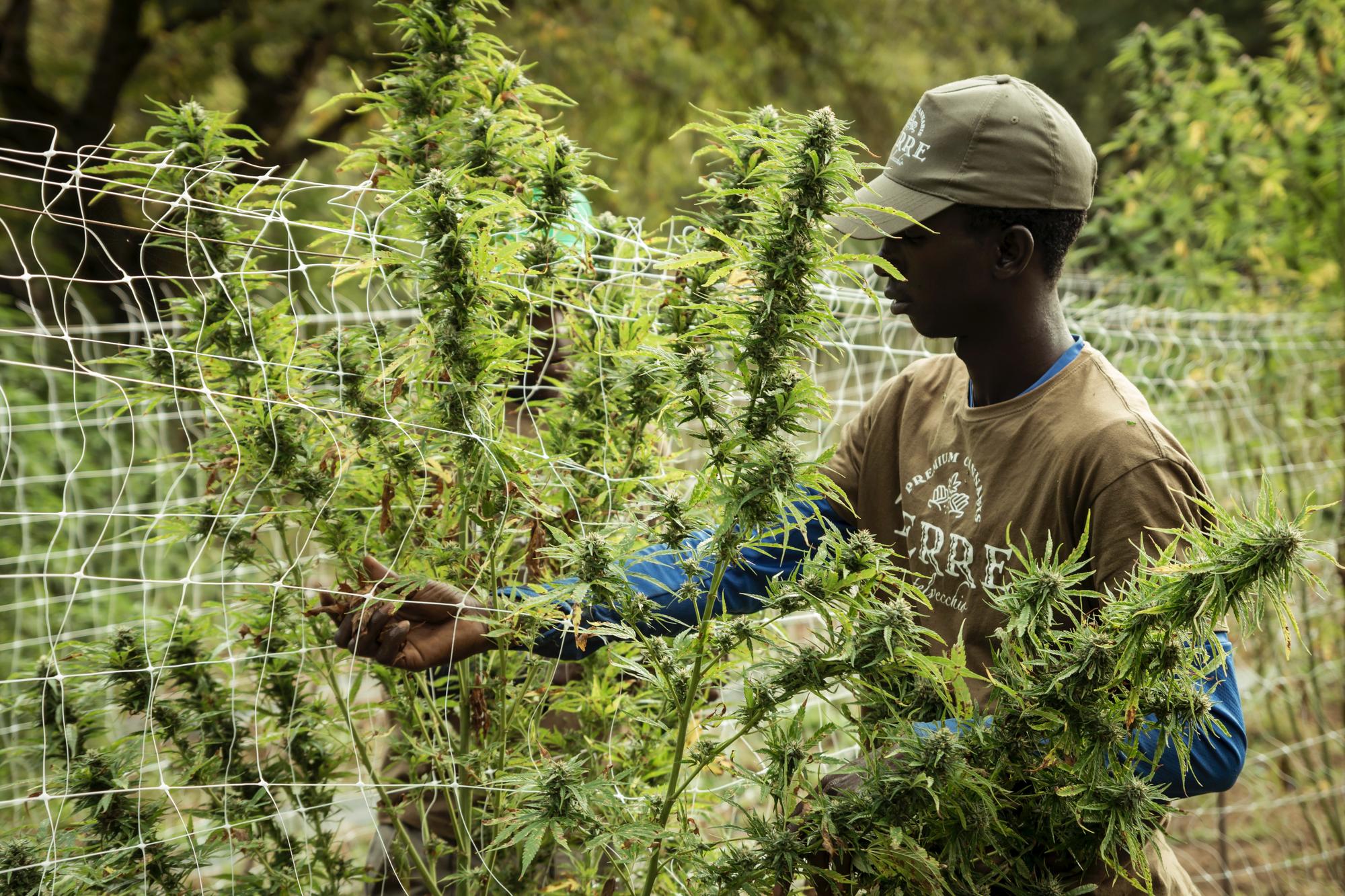Inside the ECS: The Science Behind How Cannabis Affects the Body
The endocannabinoid system (ECS) is a cell-signaling network that helps the body keep balance, or homeostasis, across mood, memory, pain, appetite, sleep, and immune function. Scientists discovered it while studying how compounds from the cannabis plant act in the brain and body, and research continues to expand.
The basics of the endocannabinoid system
The ECS has three main parts: endocannabinoids, receptors, and enzymes. Endocannabinoids are molecules your body makes on demand, the best known being anandamide and 2-arachidonoylglycerol (2-AG). They resemble some of the active compounds in cannabis and act like “messengers” that help cells communicate.
These messengers bind to cannabinoid receptors, mainly CB1 and CB2. CB1 receptors are highly concentrated in the brain and central nervous system, especially areas that regulate memory, coordination, mood, and pain perception. CB2 receptors show up more in immune cells and peripheral tissues, where they influence inflammation and immune responses. Enzymes such as FAAH and MAGL break endocannabinoids down once they have done their job, so signaling stays short and precise.
Rather than always firing, the ECS usually switches on only when needed. For example, cells may release endocannabinoids to calm excessive pain signaling, reduce inflammation, or help reset stress responses after a threat has passed.
How THC interacts with the ECS
Δ9-tetrahydrocannabinol (THC), the main psychoactive compound in cannabis, closely mimics anandamide’s structure and binds to CB1 and CB2 receptors. In the brain, THC acts as a partial agonist at CB1. That means it activates the receptor but not as strongly as some synthetic cannabinoids or experimental compounds.
When THC stimulates CB1 receptors in brain regions that control reward, perception, and short-term memory, people typically experience euphoria, an altered sense of time, and changes in thinking and coordination. At the same time, CB1 activation can dampen pain signaling and nausea and boost appetite, which helps explain why THC-containing medicines are sometimes prescribed for chronic pain, chemotherapy-related nausea, and appetite loss.
Because THC “hijacks” normal ECS signaling, frequent heavy use can push the system to adapt. Over time, the brain may reduce CB1 receptor density or responsiveness, contributing to tolerance (needing more to feel similar effects) and withdrawal symptoms when use stops.
How CBD interacts with the ECS
Cannabidiol (CBD) works very differently. CBD does not strongly activate CB1 or CB2 and may even slightly reduce THC’s binding in some situations. Instead, CBD fine-tunes the ECS and several other signaling systems.
One important action is inhibiting FAAH, the enzyme that breaks down anandamide. When FAAH is blocked, anandamide can stick around longer, which may enhance its mood-stabilizing and pain-modulating effects. CBD also interacts with other receptors, including TRPV1 (involved in pain and temperature) and 5-HT1A serotonin receptors that affect anxiety, stress, and nausea. Through these many targets, CBD may help modulate pain, inflammation, seizure activity, and emotional regulation in some patients.
Why understanding this interaction matters
Because the ECS helps regulate homeostasis in the brain, gut, immune system, and other organs, cannabis can have wide-ranging effects—helpful or harmful, depending on dose, product type, and personal biology. Supporting a healthy ECS may involve not only thoughtful, medically guided cannabis use but also basics like sleep, movement, and stress management, which all influence endocannabinoid levels.
Understanding how cannabis interacts with the ECS gives consumers and patients a clearer picture of why effects vary between people and why medical guidance and careful dosing are essential rather than optional.
Note: This article is for education only and is not a substitute for medical advice. Anyone considering medical cannabis should consult a qualified healthcare professional, especially if they take other medications or have underlying health conditions.
Learn more about cannabis tinctures here.

